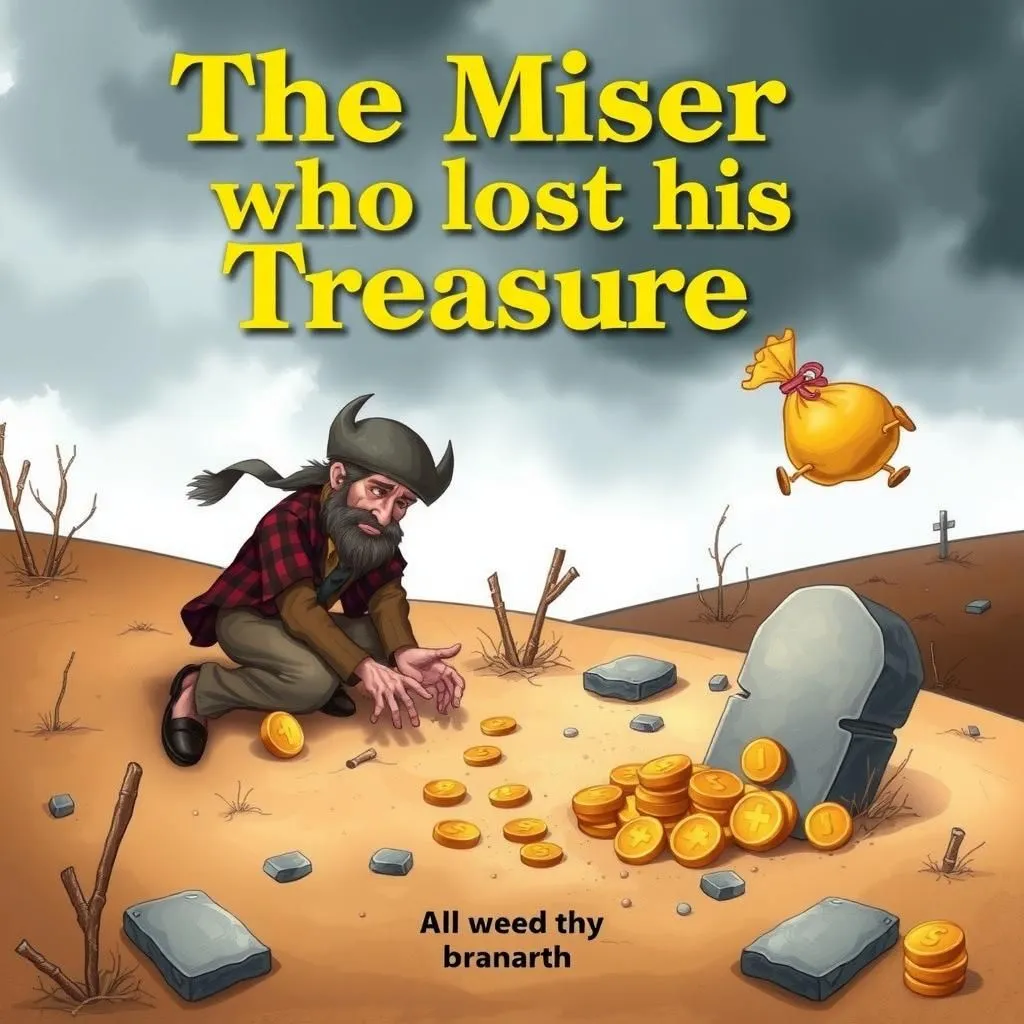
The Man and the Wart
In "The Man and the Wart," a humorous tale with an impactful moral, a man with a wart on his nose recruits others into a fictitious order, claiming its membership is rapidly expanding. When another afflicted person pays to avoid joining, the first man shamelessly returns to demand monthly dues, highlighting the folly of exploiting others' insecurities. This funny story serves as a culturally significant moral lesson about honesty and the consequences of greed.


